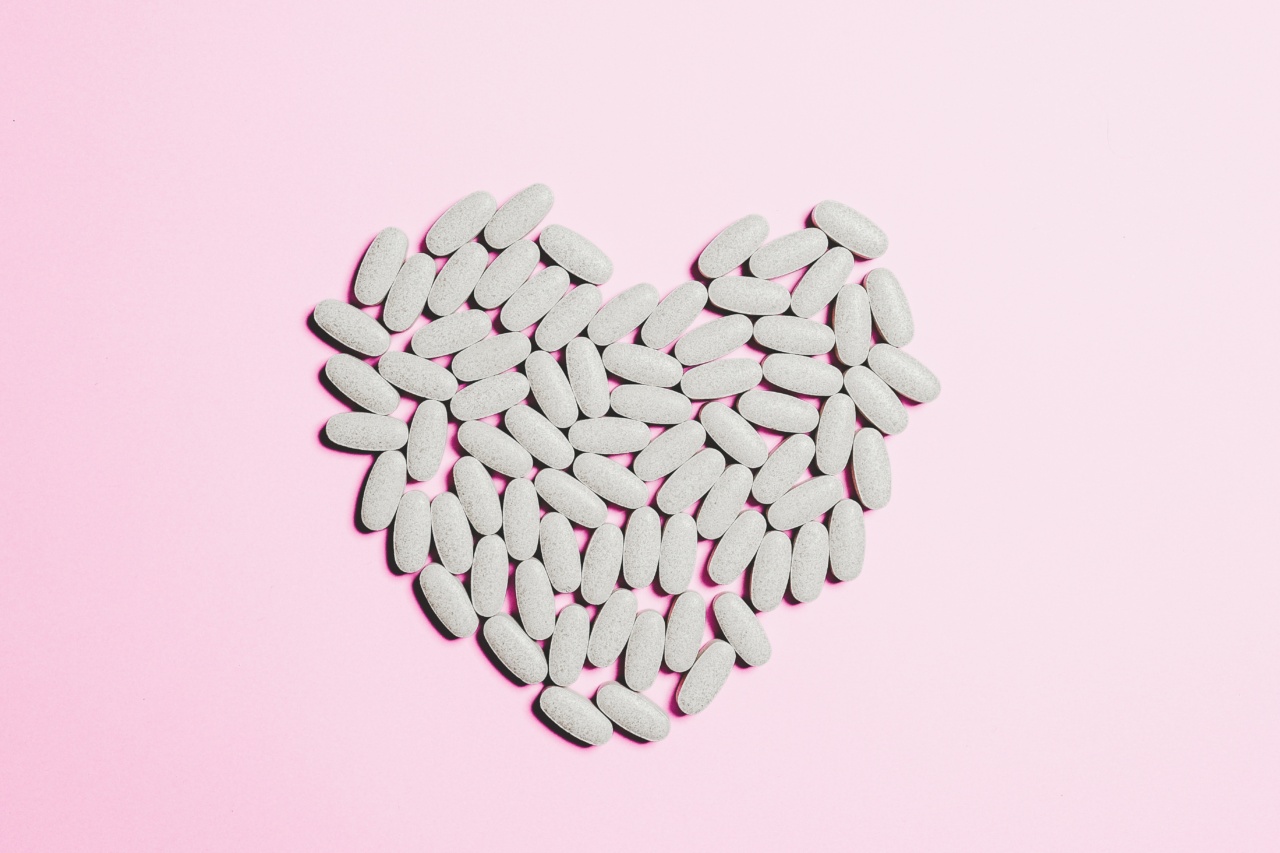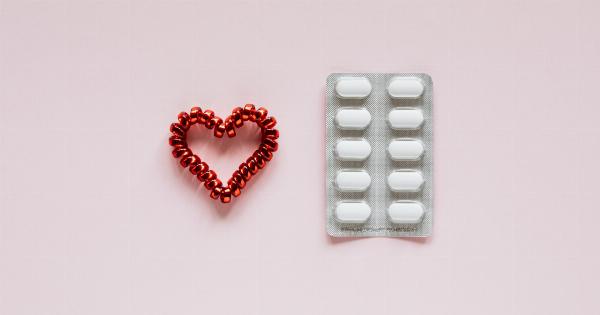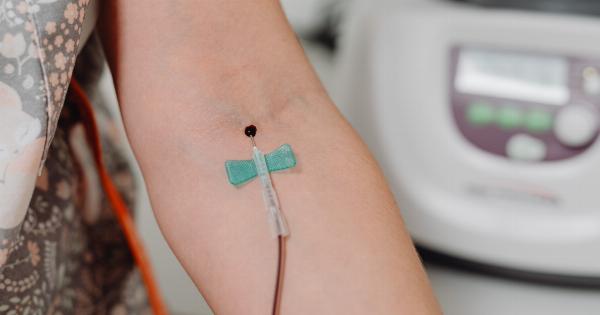Your heart, vessels and kidneys are three integral parts of your body that keep you alive and functioning with optimal health.
In order to maintain these organs, you will need to take good care of them with exercise, adopting a healthy lifestyle, and sometimes pharmaceutical defense.
The Importance of the Heart
The heart is one of the most critical organs of the body. It is responsible for pumping blood to the entire body, allowing oxygen and nutrients to reach your tissues and organs. It also helps remove harmful carbon dioxide.
Blood also contains immune cells that help fight infections and infectious agents.
Damage to the heart can be caused by a range of factors, including poor diet, a lack of exercise, excessive alcohol consumption, smoking, stress, high blood pressure (hypertension), and high cholesterol levels.
And with the prevalence of these factors in our lives, it is essential that we approach the health of our heart with caution.
What Are Vessels?
Vessels are tubes within the body that carry blood, nutrients and oxygen to the tissues and organs of the body while at the same time removing waste and carbon dioxide away from these same cells. If something goes wrong with these tiny vessels.
The body will have trouble transporting these life-critical components, which can be life-threatening quickly.
A healthy vessel network is essential to good health. The blood vessels can become damaged due to various reasons, such as inflammation, buildup of fat, cholesterol, and other substances within the blood walls.
Sometimes, these events can lead to serious issues such as heart attack or stroke.
The Role of Kidneys
Your kidneys handle the task of filtering your blood, eliminating excess waste and fluid, and maintaining the right balance of electrolytes in your body.
To carry out this critical task, the kidneys have tiny structures called nephrons that take care of filtering, reabsorbing, and secreting materials.
The health of your kidneys also depends on a range of factors such as genetics, age, and underlying health conditions. An unhealthy diet high in processed or sugary foods, and a lack of exercise can all contribute to the decline in kidney health.
Pharmaceutical Defense for Heart, Vessels and Kidneys
Pharmaceutical defense is one of the medical strategies that can be used to maintain and protect the organs at optimal health.
There is a range of medications that have been developed to help treat and prevent health issues that affect the heart, vessels, and kidneys.
Heart Medications
For individuals who have suffered a heart attack or those who have a high risk of developing cardiovascular diseases, medications can help protect the heart.
These medications lower blood pressure, reduce the amount of cholesterol in the blood, and prevent blood clots from forming. These medications include:.
- ACE inhibitors: These reduce blood pressure in the vessels by blocking the angiotensin-converting enzyme (ACE), which prevents the creation of angiotensin II that restricts blood flow.
- Beta-blockers: These block hormones such as adrenaline that can cause tension in the arteries and reduce the amount of oxygen that reaches the heart. These lower heart rate, blood pressure, and relieve symptoms such as chest pain.
- Calcium channel blockers (CCB): These medications lower blood pressure by blocking calcium (a mineral that makes the blood vessels contract). This leads to relaxation within the vessel walls, allowing blood to flow smoothly.
- Diuretics: These help alleviate fluid levels in the body that can lead to edema and high blood pressure.
- ARBs (angiotensin receptor blockers): These block the angiotensin II hormone, which is responsible for narrowing blood vessels.
Vessels Medications
High blood pressure in the vessels can occur due to various factors such as stress, high salt levels in the diet, and smoking.
High blood pressure in the vessels puts an enormous burden on these delicate structures, leading to various health complications such as heart attacks and strokes. Current vessel medications include:.
- Angiotensin-converting enzyme inhibitors (ACE inhibitors)
- Angiotensin II receptor blockers (ARBs)
- Calcium channel blockers (CCBs)
- Beta-blockers
- Renin inhibitors
Kidneys Medications
For individuals who have diabetes, high blood pressure, or kidney diseases such as polycystic kidney disease, medications can be beneficial to protect these vital organs. These medications may include:.
- ACE inhibitors and ARBs: ACE inhibitors block the creation of angiotensin II (a hormone that narrows the blood vessels) and relaxes the blood vessels. ARBs blocks the hormone angiotensin II that causes the vessels to narrow. Both medications can help reduce the workload of the kidneys.
- Diuretics: These help reduce fluids from the body and lower blood pressure.
- Phosphate binders: When kidneys fail, individuals can develop high blood levels of phosphate.
- Statins: Patients with high cholesterol levels may be prescribed statins to lower the cholesterol levels.
The Bottom Line
Pharmaceutical defense plays a vital role in protecting the health of your heart, vessels, and kidneys.
While these medications do not replace a healthy lifestyle, they can be effective when combined with other healthy practices such as regular exercise and maintenance of a healthy diet. Always speak to your doctor about the medications that are suitable for your condition.





























